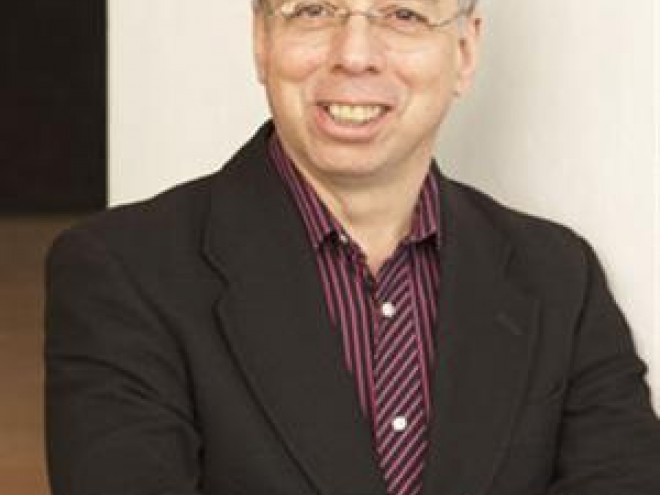By
– August 24, 2011
Michael Wex’s new book combines deep knowledge of the Yiddish language, Jewish folklore and traditional Jewish sources, from the Bible to the Talmud and rabbinic and Hasidic commentaries, in an often humorous and frequently provocative guide to being a good person, a mentsh. The first rule of being a mentsh is not to be childishly self-centered, not to act only on behalf of one’s own desires. Wex uses traditional sources, like the Talmud’s stories about the great Hillel, to define ‘mentshhood’ as empathetic awareness of the feelings and needs of others combined with principled avoidance of inflicting harm and shame on others.
Wex also uses references to popular culture, Victorian literature, television shows, and movies to make his points accessible to those not blessed with Yiddish fluency and years of Talmudic study. One potential irritant for some readers will be Wex’s use of profane colloquial expressions in his writing. At times, one can easily imagine portions as coming from his late-night stand-up comedy routines that evoke laughter by their wit and juxtaposition of profanity, principles, and the sacred. This book reflects extensive learning, serious thought, a sense of the absurd and the unfair, as well as an impish willingness to play the mazik (scamp). Those who enjoyed his previous books may also like his latest. Bibliography, index, notes, photograph.
Wex also uses references to popular culture, Victorian literature, television shows, and movies to make his points accessible to those not blessed with Yiddish fluency and years of Talmudic study. One potential irritant for some readers will be Wex’s use of profane colloquial expressions in his writing. At times, one can easily imagine portions as coming from his late-night stand-up comedy routines that evoke laughter by their wit and juxtaposition of profanity, principles, and the sacred. This book reflects extensive learning, serious thought, a sense of the absurd and the unfair, as well as an impish willingness to play the mazik (scamp). Those who enjoyed his previous books may also like his latest. Bibliography, index, notes, photograph.
Robert Moses Shapiro teaches modern Jewish history, Holocaust studies, and Yiddish language and literature at Brooklyn College of the City University of New York. His most recent book is The Warsaw Ghetto Oyneg Shabes-Ringelblum Archive: Catalog and Guide (Indiana University Press in association with the U.S. Holocaust Memorial Library and the Jewish Historical Institute in Warsaw, 2009). He is currently engaged in translating Polish and Yiddish diaries from the Łódź ghetto and the Yiddish Sonderkommando documents found buried in the ash pits at Auschwitz-Birkenau.




